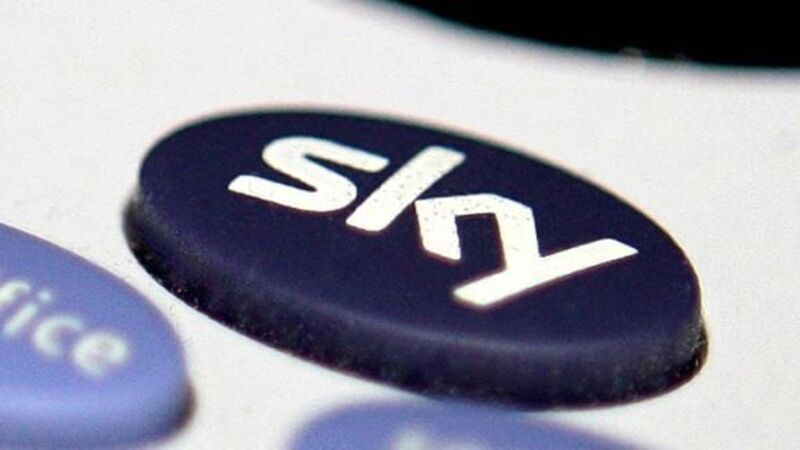Sky in 12% profit increase

Sky has been seeking to earn more money from existing customers through new products and price rises instead of chasing new subscribers with cut-price offers.
Rival BT, Britain’s biggest telecoms group, also updated the market yesterday, saying demand for broadband boosted its first-quarter earnings, which include a first contribution from mobile operator EE.
















